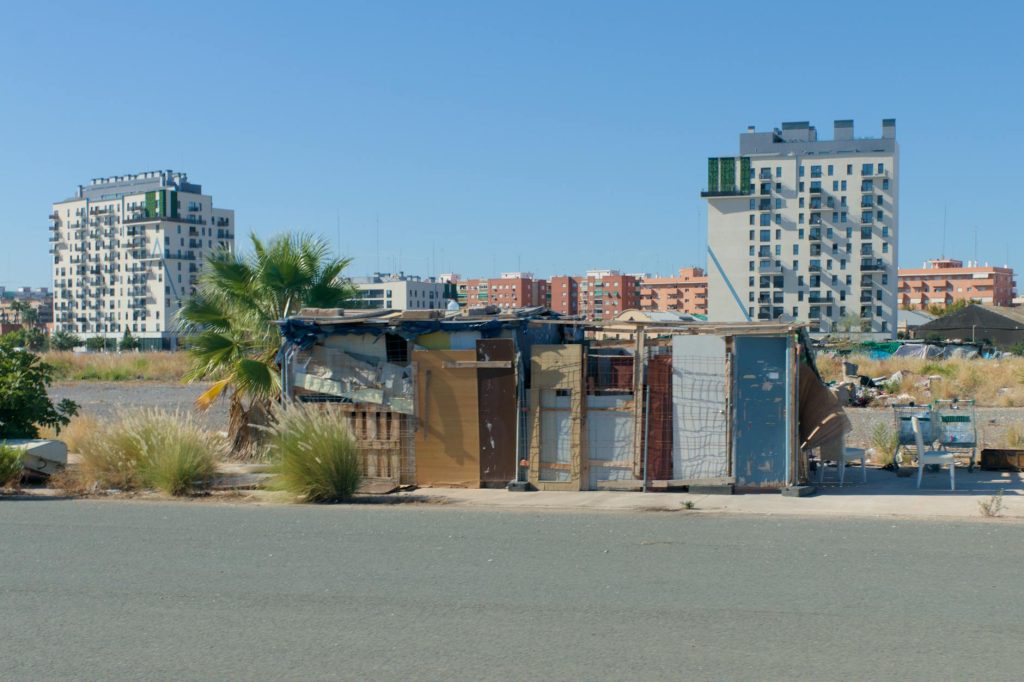
Image source: pexels.com
Buying a home is one of the biggest financial decisions you’ll ever make. It’s easy to assume that bigger is always better, but stretching your budget for your dream house can backfire. Many people find themselves “house poor”—spending so much on their mortgage and related costs that there’s little left for anything else. This financial squeeze can have serious consequences, especially when it comes to preparing for your later years. If you’re not careful, being house poor could leave you broke in retirement. Let’s take a closer look at how this happens and what you can do to avoid it.
1. What Does It Mean to Be House Poor?
Being house poor means a large chunk of your income goes toward home expenses, leaving little for savings, investments, or even daily needs. It’s not just about your mortgage payment. Property taxes, insurance, maintenance, and utilities all add up. When your house eats up your cash flow, it’s tough to build a financial cushion. The primary SEO keyword here—house poor—captures a risky situation that can sneak up on anyone, especially first-time buyers.
Many financial experts recommend keeping your total housing costs below 30% of your gross income. If you’re above that, you may already be feeling the pinch. The stress can show up in skipped vacations, delayed car repairs, or even putting off retirement savings. Over time, these sacrifices can add up to a much bigger problem.
2. The Ripple Effect on Retirement Savings
When you’re house poor, saving for retirement often takes a back seat. You may intend to catch up later, but life has a way of throwing curveballs. The years slip by, and suddenly retirement is on the horizon with little set aside. Compounding interest works best with time, so delaying savings means you’ll need to save much more later to reach the same goal.
This can leave you in a tough spot. You might have a beautiful home, but little else to show for decades of hard work. Even downsizing in retirement may not fully make up for years of missed contributions or lost growth. Prioritizing your home over your retirement nest egg is a common trap for the house poor.
3. Unexpected Expenses Can Derail Your Plans
Homes require constant upkeep. Roofs leak, furnaces break down, and property taxes can rise. If you’re already stretched thin, even a minor repair can throw your budget into chaos. Many house poor homeowners find themselves relying on credit cards or personal loans to cover these costs, digging themselves deeper into debt.
In retirement, these unexpected expenses don’t disappear. If your fixed income is already tight, a large repair or tax hike could force you to make tough choices—like selling your home or cutting back on essentials. This is why being house poor is especially risky as you approach retirement age.
4. The Hidden Costs of Homeownership
The sticker price of your home is just the beginning. Closing costs, insurance, HOA fees, landscaping, and utilities can all add up to more than you expect. Many people underestimate these ongoing expenses when calculating what they can afford, leading to a house poor situation.
If you’re not careful, these hidden costs can quietly erode your ability to save or invest. Over time, this undermines your financial security and makes it harder to build wealth for retirement. Taking a close look at your real monthly housing costs is essential to avoid being caught off guard.
5. How House Poor Choices Limit Your Options
Being house poor doesn’t just affect your bank account—it can also limit your lifestyle and future choices. You may feel stuck in a demanding job just to keep up with mortgage payments, even if you’d rather slow down or change careers. The pressure to keep earning can delay retirement or make it less enjoyable.
Additionally, if most of your net worth is tied up in your home, you may have fewer liquid assets to draw on in emergencies. This can force you to borrow against your home, sell in a down market, or make other difficult decisions. The freedom to travel, help family, or pursue hobbies in retirement can slip away if you’re house poor.
Strategies to Avoid Being House Poor
If you want to avoid being house poor and broke in retirement, it’s crucial to buy within your means and plan for the long term. Start by calculating all the costs of homeownership—including taxes, insurance, and maintenance—not just the mortgage. Set a realistic budget that leaves room for savings, investments, and emergencies.
Consider working with a financial advisor to map out your retirement goals and make sure your housing choices support, rather than hinder, those plans. Remember, a smaller or more affordable home can offer more financial security and peace of mind.
Have you ever felt house poor or worried about how your home might affect your retirement? Share your experiences and thoughts in the comments below.
What to Read Next…
- How a Reverse Mortgage Can Derail a Family’s Entire Financial Plan
- 8 Real Estate Mistakes That Erode Wealth Before Retirement Ever Starts
- How Many of These 8 Middle Class Habits Are Keeping You Poor
- Can You Really Lose Your House Over One Missed HOA Payment
- Why Are So Many Boomers Dying Millionaires and Leaving No Will

Travis Campbell is a digital marketer/developer with over 10 years of experience and a writer for over 6 years. He holds a degree in E-commerce and likes to share life advice he’s learned over the years. Travis loves spending time on the golf course or at the gym when he’s not working.
Leave a Reply